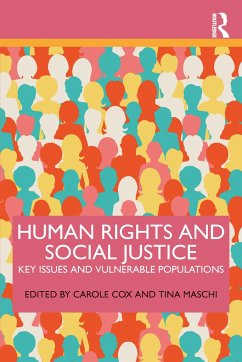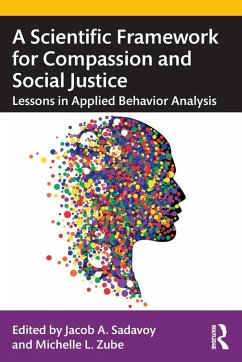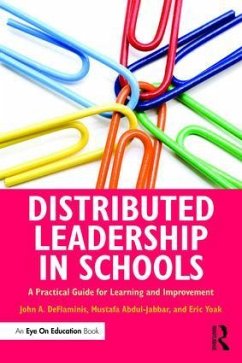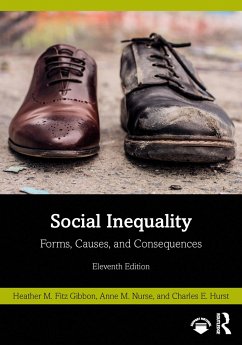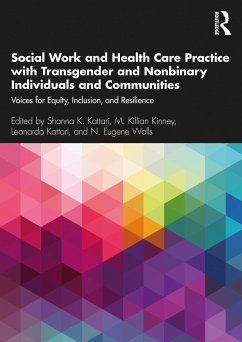
Human Service Program Planning Through a Social Justice Lens
Versandkostenfrei!
Versandfertig in 6-10 Tagen
47,99 €
inkl. MwSt.
Weitere Ausgaben:

PAYBACK Punkte
24 °P sammeln!
Human Service Program Planning Through a Social Justice Lens provides a foundation in social justice to students while developing practical skills and knowledge about the steps and tasks involved in planning social programs.Through the "parallel process" of contextualizing social issues while teaching the process of program planning, students will develop a perspective on the need for social justice planning and its impact on marginalized communities and populations. The textbook explores current concepts and approaches to understanding social issues and involving impacted communities and indi...
Human Service Program Planning Through a Social Justice Lens provides a foundation in social justice to students while developing practical skills and knowledge about the steps and tasks involved in planning social programs.
Through the "parallel process" of contextualizing social issues while teaching the process of program planning, students will develop a perspective on the need for social justice planning and its impact on marginalized communities and populations. The textbook explores current concepts and approaches to understanding social issues and involving impacted communities and individuals. These include: Intersectionality, Appreciative Inquiry, Participatory Planning and Visioning, which serve to challenge preconceptions while coupling these with the step-by-step approach to planning using the Logic Model.
Utilizing meaningful examples to demonstrate how social justice planning can be implemented, Human Service Program Planning Through a Social Justice Lens is appropriate for students of social work as well as practitioners in human services, public administration and public health.
Through the "parallel process" of contextualizing social issues while teaching the process of program planning, students will develop a perspective on the need for social justice planning and its impact on marginalized communities and populations. The textbook explores current concepts and approaches to understanding social issues and involving impacted communities and individuals. These include: Intersectionality, Appreciative Inquiry, Participatory Planning and Visioning, which serve to challenge preconceptions while coupling these with the step-by-step approach to planning using the Logic Model.
Utilizing meaningful examples to demonstrate how social justice planning can be implemented, Human Service Program Planning Through a Social Justice Lens is appropriate for students of social work as well as practitioners in human services, public administration and public health.






